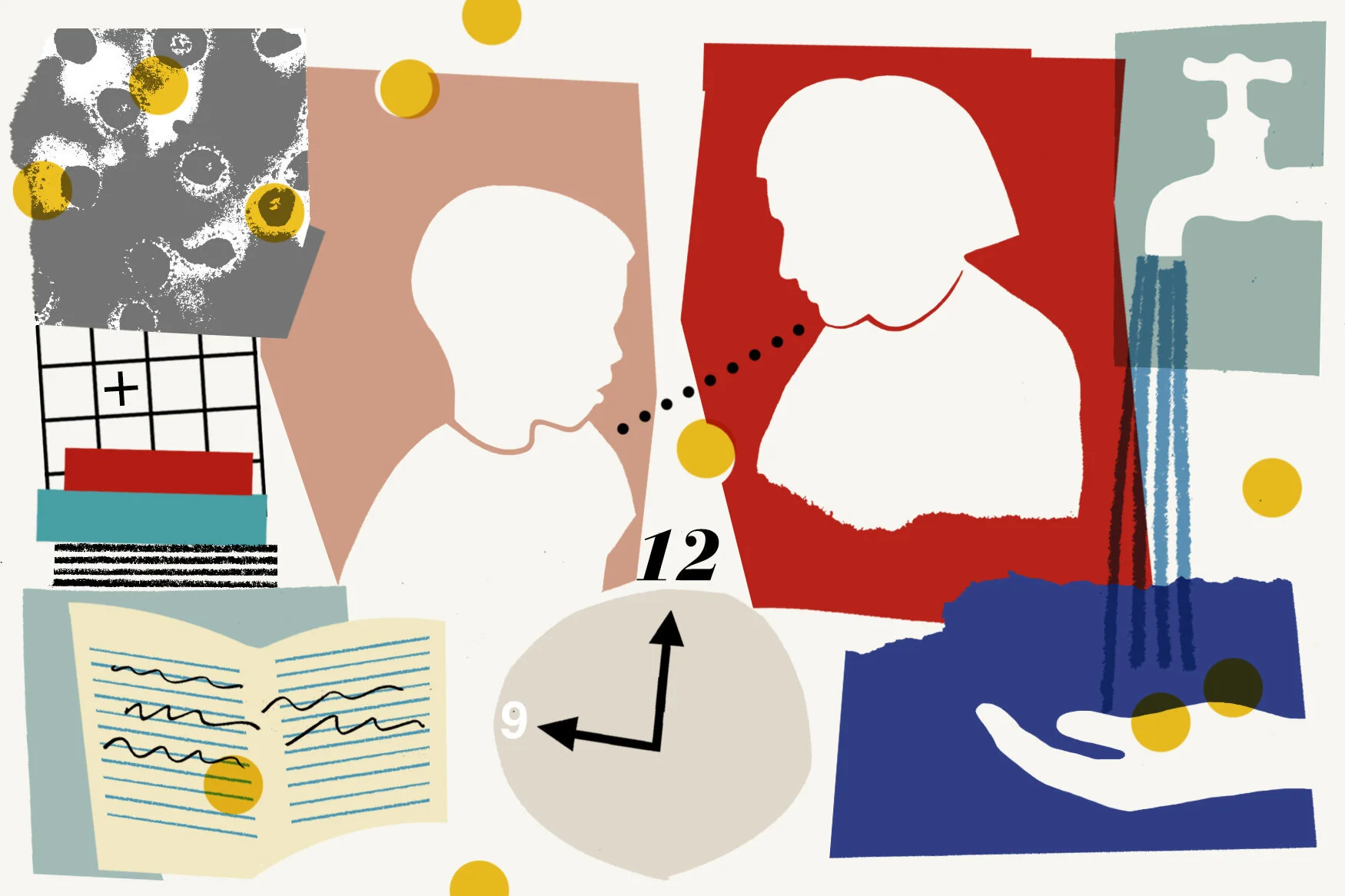The Covid-Crisis is not just a challenge, but also an opportunity to start fresh by reshaping our society, our ambitions and our relationships. While many parents have felt overwhelmed these past few weeks and young people isolated from peers, author Arundhati Roy reminds us that pandemics are also an opportunity for renewal: “Historically, pandemics have forced humans to break with the past and imagine the world anew. This one is no different. It is a portal, a gateway, between one world and the next.” What positive strategies can we put into place now to ensure a healthier tomorow?
When we experience a shake-up, be it a move, job change, or a health pandemic, we have the choice to respond in one of two basic ways. We can break down by letting toxic fear and stress overpower the ability to act or we can rise to the challenge by taking stock of what works, creating goals and opening windows to a better tomorrow.
For me personally as a physician, the portal to the future would be working on ways to improve health disparities and creating equal access to healthcare, education and food regardless of people’s socioeconomic backgrounds. As as a teen health provider, it would be optimizing positive family relationships and ensuring we use the opportunities now to have conversations on challenging topics such as vaping, pubertal changes or consent in relationships. As a parent, it would be building on rituals that we have come to enjoy during the stay-at-home time, such as regular family meals and game times. As a cross cultural adult, it would be building on the new virtual connections we have made with friends and family across the world.
I recommend that global families use this time for creative brainstorming on how to redirect and move on. Here are a few points to consider:
Keep a journal/log – Journals are an excellent way to reflect on life and lessons learned. Writer Gretchen Rubin points out that “by keeping a narrative of what happens to us, we help ourselves process it and make meaning from it. Keeping a journal can also help us get a feeling of control which though irrational may be helpful.”
Have regular family sessions – In our home, we try to have our gatherings on Sunday evenings to replay the highlights (and less happy moments) of the week and discuss what work and personal projects we would like to tackle next. Meet to take stock of what is working now amid lockdowns and home schooling and what’s not. If family meetings are a source of conflict, author Rosalind Wiseman offers some excellent tips on creating ground rules and having a healthy discussion in her recent New York Time piece.
Make an action plan for change – This is a great time to map out your intentions and to try some goal setting. One of my sons has decided to create his own YouTube channel featuring DIY projects such as this one. Planning also prevents toxic stress by increasing feelings of control and decreasing feelings of vulnerability. Create various goal categories such as fitness, work/school, spiritual, community service plus time frames and keep yourself accountable by reviewing them periodically with a family member or friend.
Create new rituals and milestones – In our home, we are relishing the slower pace, using it for late-night movies among the adults or cooking with the kids. Take this time to establish rituals you want to continue even when the pace picks up again. Also, help teens take an active role in designing new ways to celebrate missed milestones. I know of one teen who loves music and is now writing and playing a guitar song for his virtual high school graduation party.
According to author C.S. Lewis, “you can’t go back and change the beginning but you can start where you are and change the ending.” Now is the time to make a plan for a brighter path ahead.
